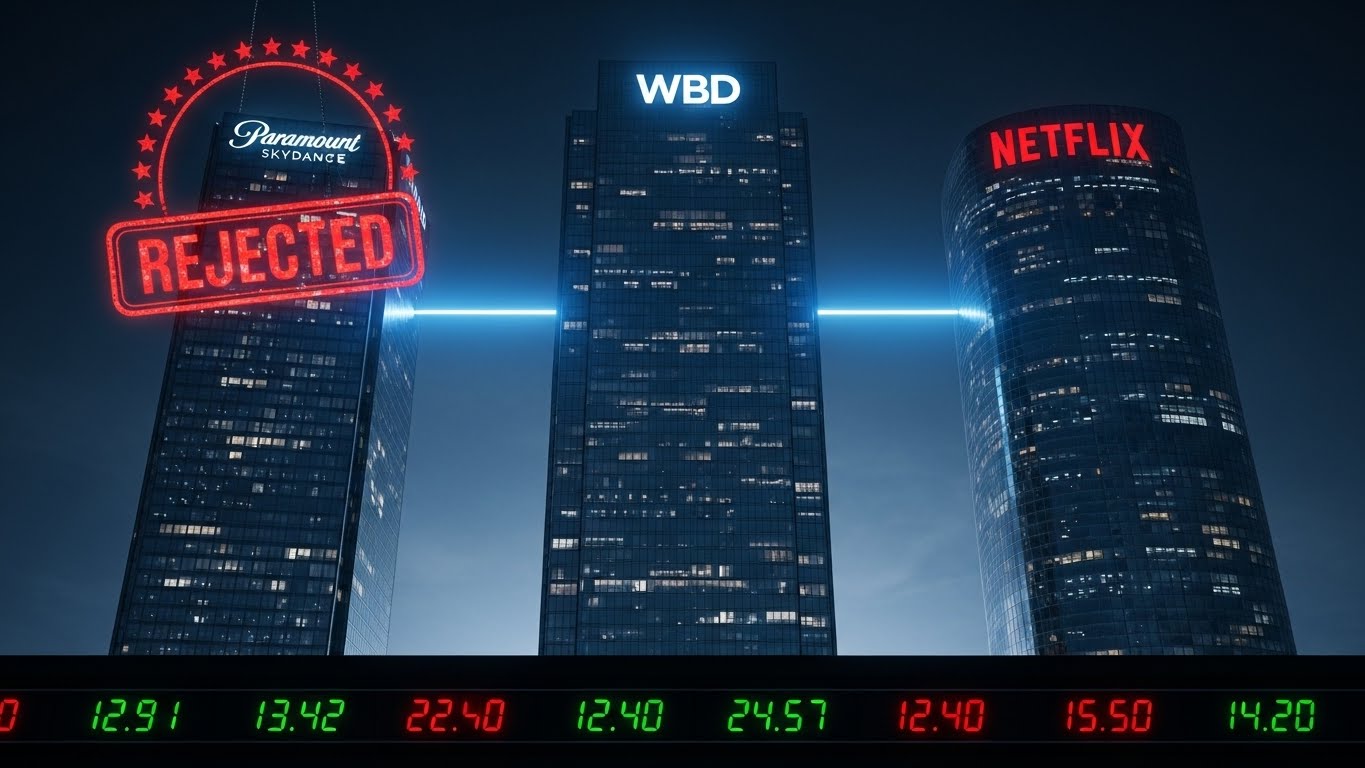By Ibidunni Banjoko
The Assistant Secretary for the Bureau of Economic and Business Affairs at the U.S. Department of State, Ramin Toloui, has highlighted the potential for Nigeria’s creative industry to become the country’s largest export sector and contribute significantly to its GDP.
This was disclosed on Monday at the conference on Intellectual Property (IP) protection, organised by the U.S. Consulate in Lagos, in partnership with Ascend Foundation Studios, as reported by News Agency of Nigeria (NAN).
According to Toloui, the creative sector in Nigeria has the potential to add an estimated $100 billion to the country’s GDP by 2030 and create about 2.7 million jobs by 2050, particularly for its growing youth population.
“The creative industry is a significant contributor to global GDP, accounting for approximately 3.1% of the global GDP. It generates annual revenues of over $2 trillion and supports nearly 50 million jobs worldwide, according to the United Nations Conference on Trade and Development,” he said.
He added that the creative industries also employ more young people, particularly those aged 15 to 29 than any other sector, with women constituting nearly half of the creative workforce.
He further mentioned that several U.S. film and entertainment companies, including Netflix, Amazon Prime, and Paramount were making large investments in the Nigerian market and seeing strong prospects for future investments.
Toloui also highlighted the growing collaborations between American and Nigerian talents in the creative sector, with American actors showing an increased interest in Nigerian cinema and Nigerian music artists partnering with their American counterparts. This trend has led to increased exports of African content through digital streaming platforms and international tours, as well as a surge in investments from African-based investors in early-stage creator economy startups.
The U.S. government expressed its support for these developments and the flourishing ties within the creative industry between the United States and Nigeria.






Comment
No comments found.